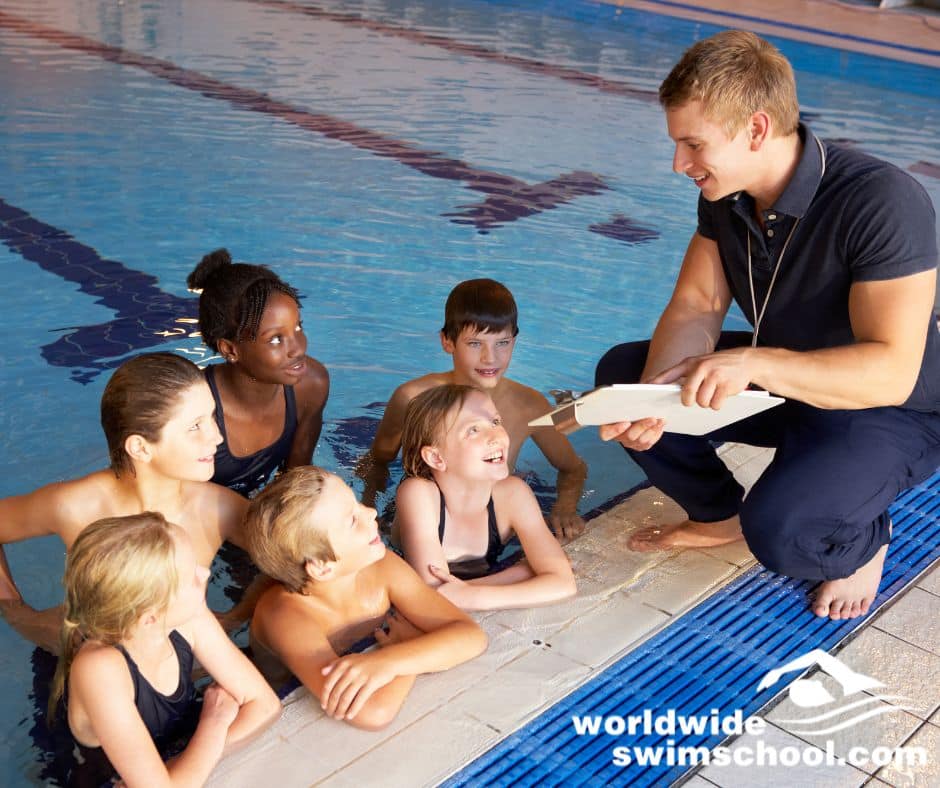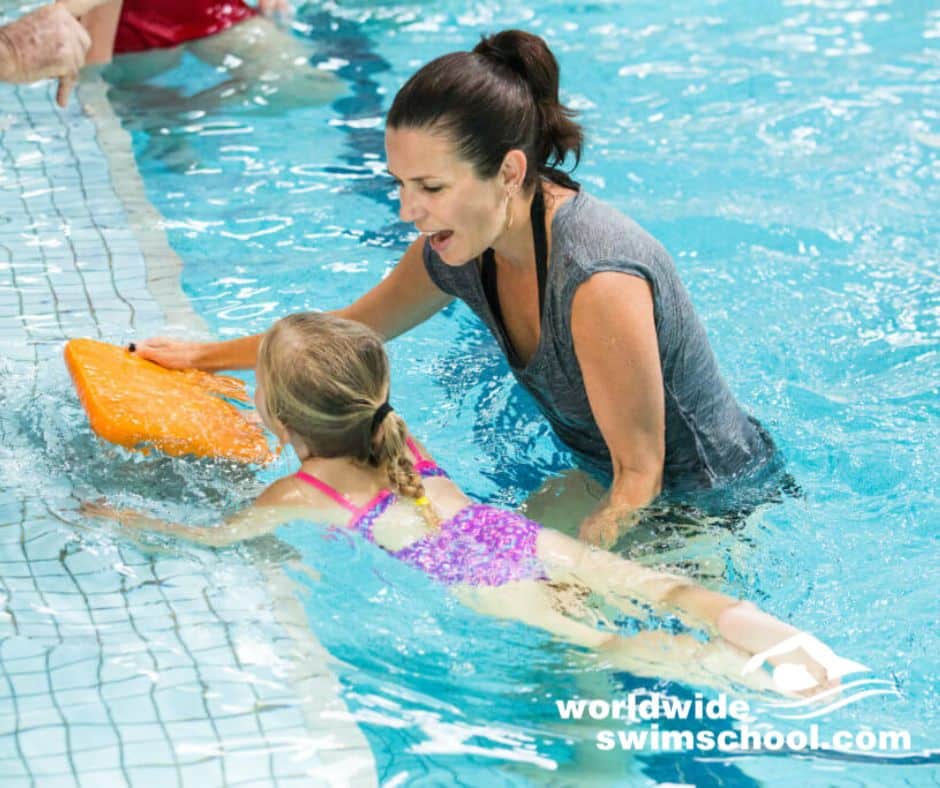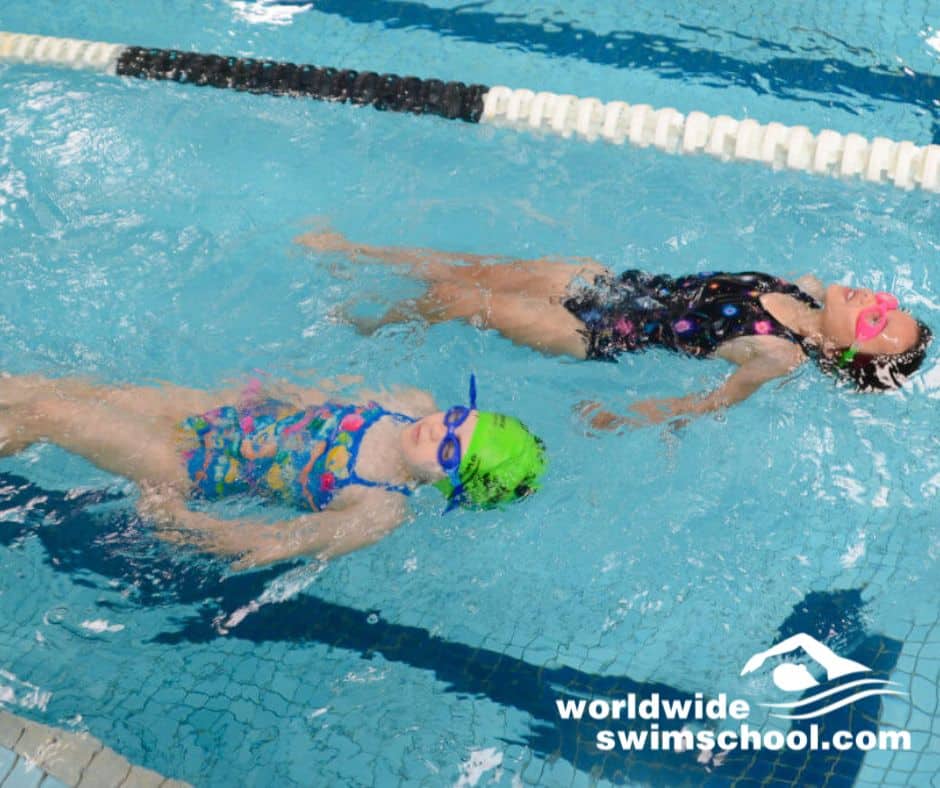Swim teachers and swim coaches are a swimmer’s initial introduction to the aquatic environment for safety, technique and stroke development. Once a swimmer has honed their swimming skills and is competent with all four strokes, it is time to advance to a squad program. Squad swimmers work closely with their instructors many times a week […]
Coaches
If you are a swimming coach or professional swimming instructor, feel free to use these archived resources to progress your professional development.
Regulation of the Child Safe Standards in NSW
From 1 February 2022, child-related organisations in NSW are required to comply with the Child Safe Standards. The Child Safe Standards provide a framework for organisations to implement Best Practice in child safety and are regulated under the Children’s Guardian Act 2019 (NSW) (‘the Act’). Regulator – NSW Office of the Children’s Guardian (OCG)The NSW OCG is responsible for monitoring, investigating, and […]
Regulation of the Child Safe Standards in Victoria
The new Victorian Child Safe Standards commenced on 1 July 2022 and are regulated by the Child Wellbeing and Safety Act 2005 (Vic). The new Standards replaced Victoria’s 7 Child Safe Standards and Principles. Let’s us take a look at the Regulation of the Child Safe Standards in Victoria.Regulator – Commission for Children and Young People (CCYP)The CCYP promotes […]
The Importance of Parental Involvement in Swimming
Swimming is a sport that requires physical as well as mental strength. As a parent, we know time with our children is invaluable. As such, parents should be actively involved in their child’s swim lessons. This article will discuss the benefits of parental involvement in swimming.Be the Child’s Second Eyes and EarsParents can offer first-hand […]
Teaching Backstroke To 4-Year-Olds – USSA
Teaching Backstroke To 4-Year-Olds Teaching swimming to young kids needs to incorporate progressive lessons. Excellent teaching skills are vital, from getting used to the water, controlling their breath, and moving in the water to safety skills. Once they are used to being in the water, the backstroke technique is the easiest to learn because it allows […]





